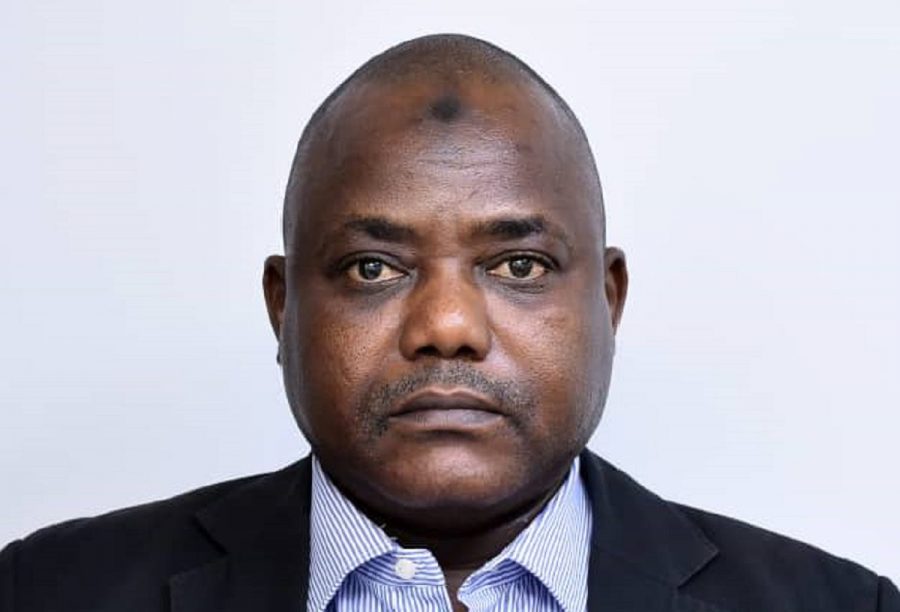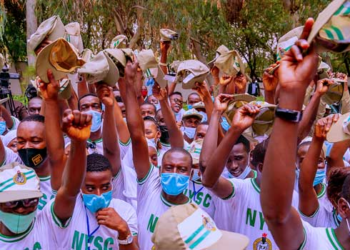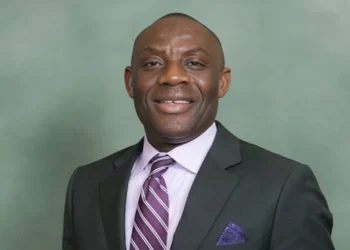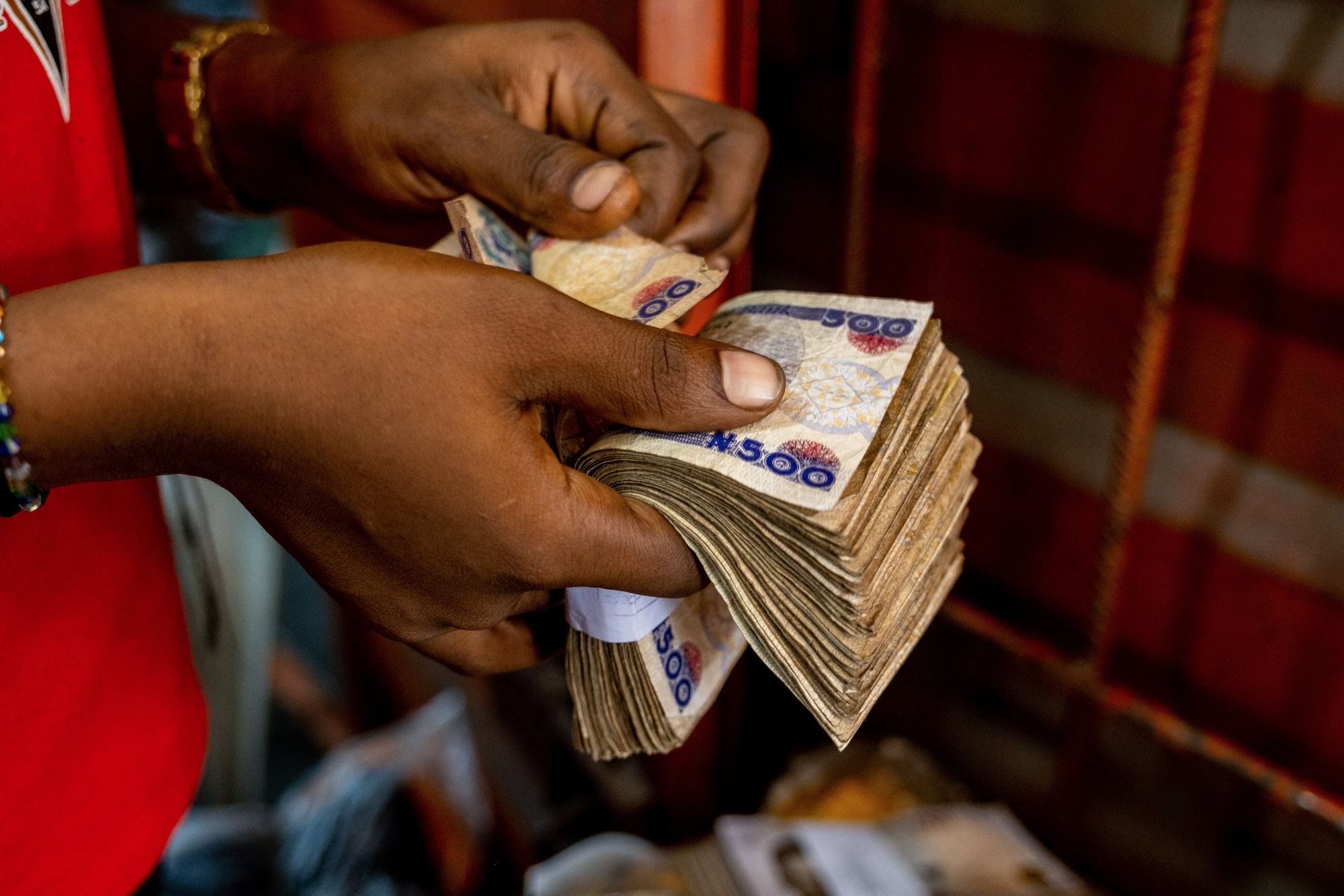The Federal Government has started making plans for the oil and gas industry post-COVID-19. This was announced by the Department of Petroleum Resources (DPR) as they released the strategic plan and policy for the survival and success of the industry post-COVID-19.
This was disclosed by the Director/CEO of DPR, Engr. Sarki Auwalu, while delivering a keynote address at the webinar organized by Future Energy Leaders Nigeria (FEL) titled; Nigeria Oil & Gas Sector: Surviving and Thriving Post COVID–19. In his address, he outlined four key areas the country will focus on to stay afloat despite troubles and threats posed by the coronavirus pandemic to the economy.
The DPR boss said that there is no better time for strategic repositioning and business optimization. He said that there are four ways this can be achieved.
READ MORE: Oil price slump continues as second wave of COVID-19 may crush the oil market
‘’The first which is cost control and management has to do with the realignment of cost of production per barrel as well as corporate, business and financial stewardship’’
“The second is portfolio rationalization and asset optimization. For this, there would be project Screening and maturation; and Contract renegotiation,”
‘’The third step to achieve strategic repositioning and business optimization is through new business and operational resilience, which include vertical Integration model covering the refineries; operational excellence; and compliance.
“The last in that stage is a strategic partnership; contracting models; Service Provider Open Access; and shared Risks and returns.”
The oil industry regulator has lined up the following Model for surviving and thriving post-COVID-19. These include Marginal field bid round, Policy and Regulations, Business environment and investment drive and making this year the Year of Gas.
Auwalu noted that the oil and gas industry contributes about 10% to the Gross Domestic Product (GDP) and also drives the Nigerian economy.
According to him, ‘’The sector is also responsible for about 80 %of Government revenues as it is also the principal source of foreign exchange earnings and Foreign Direct Investments (FDIs).’’
“There are, expectedly, direct impacts of falling oil prices on the country, which include; change in the Budget benchmark as well as the Revised 2020 Budget.’’
He said the COVID-19 which may be with us for some time has brought about a new normal.



















